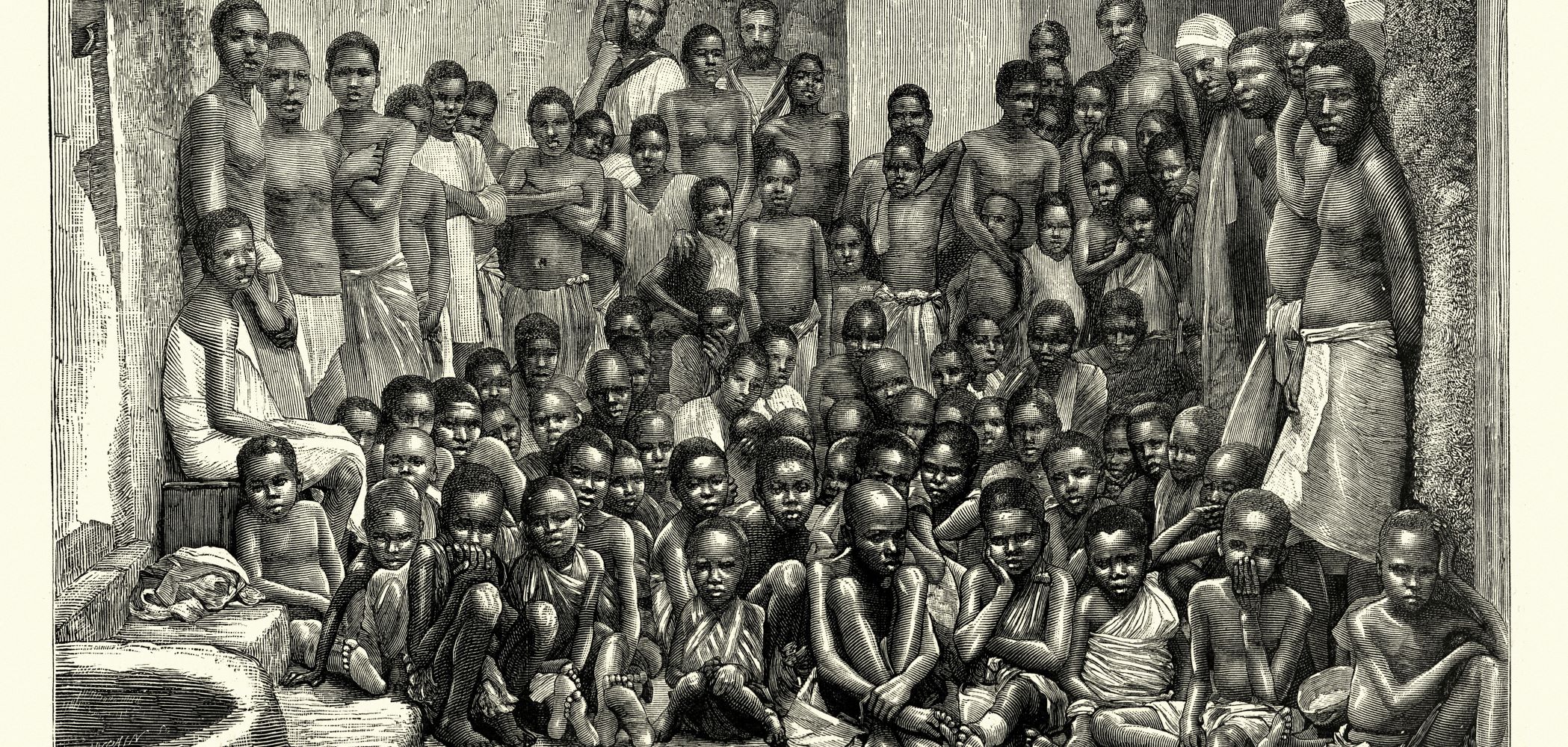Never forget
On the morning of August 23 1791, in the French colony of Saint-Domingue, there was blood on the ground and liberation in the air.
It is 226 years since a group of African slaves – known as the “Black Jacobins” because they were inspired by the ideals of the French Revolution – began the Haitian Revolution and precipitated the establishment of Haiti and the Dominican Republic.
After more than two centuries the legacy of the Black Jacobins remains, as does that of the evil they defeated.
The Haitian Revolution is remembered around the globe as one of the most important dates in the history of the abolition of slavery.
That’s why August 23 was chosen by the United Nations as the United Nations Educational, Scientific and Cultural Organisation (UNESCO) Slavery Remembrance Day, because enslaved Africans were the main agents of their own liberation.
The revolt remains the only time in world history when slaves successfully managed to overthrow their oppressors. It was also the founding event of the first modern black republic.
Despite the significance of the revolt, the UK government has still not officially designated its anniversary as a national day of remembrance; something Unite says must change.
National officer for equalities Harish Patel said, “We support the call for a national day of remembrance to commemorate the lives and deaths of millions of enslaved Africans and their descendants, and as a reminder that the fight against racism, hate and intolerance goes on.”
Between the 15th and 19th centuries, it is estimated that up to 12m Africans were forced onto European slave ships and taken across the Atlantic.
Dehumanised
The transatlantic slave trade dehumanised millions of victims and its consequences are still being felt today.
Last week in the US town of Charlottesville, Virginia, white supremacists and neo-Nazis held a rally – ostensibly to protest the planned removal of a statue of pro-slavery Confederate general Robert E. Lee – to express their hatred of black people and other ethnic minority groups.
James Alex Field Jr, who was pictured with members of the Vanguard America white nationalist group during the rally, is accused of driving a car into counter-protesters, killing one and injuring 30.
Statues of Confederate leaders, who fought during the American Civil War to keep slavery, are often viewed as beacons for those who wish to continue the legacy of the racist and hate-filled ideology that justified the enslavement of black people.
Though less widespread than the US, the effects of the slave trade are also still being felt in the UK.
Patel explained, “We must never forget that we still live with the legacy of the transatlantic trade slave, as the post-Brexit rise in hate crime in this country has shown.
“The slave trade is a part of our history that must be condemned and never forgotten. Its legacy of continued race discrimination, pay and job segregation, has been the main cause of higher unemployment levels, the wider pay gap and the lack of progression for black and Asian workers.”
Unite is calling on the government to mark this year’s Slavery Remembrance Day by committing to eliminate all forms of racism and hate crime through better education programmes in schools, stronger legislation and tougher penalties for perpetrators.
â€Government must commit’
Patel said, “The government must commit to tackling all forms of race discrimination and hate, not with warm words, but with clear measures. As a priority, it must ask employers to put in place positive measures including consulting on, developing and implementing initiatives to improve career progression for black workers.
“We want to see positive measures to tackle structural racism caused by job segregation and casualisation in the labour market. To stop the â€race to the bottom’ particularly in the low paid sectors, the government should ensure that there is better access for all workers to union representation and collective bargaining and restore sector level collective bargaining.
“This should also apply to employment agencies particularly those used by the public sector.”
Indeed, employment agencies are often used by modern day slavers to infiltrate the legitimate economy.
This year, retailer Sports Direct was named in three separate modern slavery trials within six months, all of which related to Polish migrants living in horrific conditions and being forced to work at the firm’s Shirebrook warehouse through employment agencies.
Neither Sports Direct nor the agencies named in the trials were involved in any criminality, but the cases showed how modern slavery has become enmeshed in the UK’s economy.
This month, the National Crime Agency said human trafficking and modern slavery is occurring in “every large town and city in the country” and that there are “tens of thousands” of victims.
Commenting on modern slavery operating in the legal economy, Unite assistant general secretary Steve Turner said, “This shameful misery has no place in the workplace and can only be eradicated by strong unions working with employers, backed up with strong government action.”
More than 200 years after the Black Jacobins took their freedom, the fight against slavery goes on.
 Like
Like Follow
Follow


